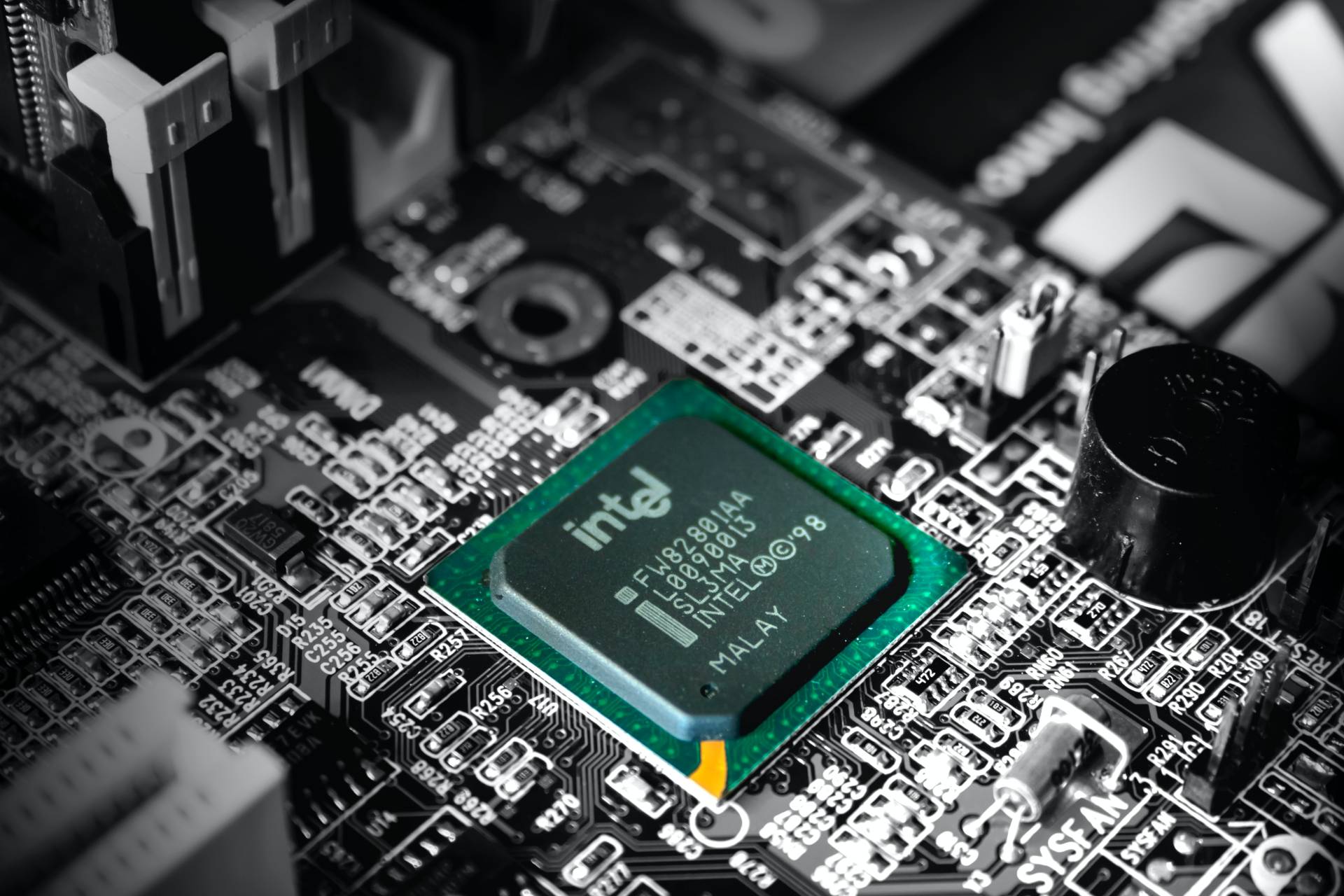Intel, the American tech giant, has announced plans to build a massive chipmaking factory in the south of Israel, making it the largest investment in the country’s history. The Israeli government and Intel have confirmed this groundbreaking project, which is expected to have far-reaching implications for the Israeli economy and the global semiconductor industry.
Intel’s Commitment to Israel
Intel has had a long-standing presence in Israel, with over 11,700 employees and a track record of investing more than $50 billion in the country over the last 50 years. The decision to establish a new factory in Israel solidifies the company’s commitment to the region and its recognition of the country’s talent and technological advancements.
The Significance of the Investment
Israeli Prime Minister Benjamin Netanyahu hailed the investment as a monumental milestone for the nation. The $25 billion investment is expected to foster high-quality employment opportunities and significantly contribute to the growth of the Israeli economy. This project will also strengthen Israel’s position as a global center for semiconductor technology and talent.
Expansion Plans for Kiryat Gat Factory
Intel’s new chipmaking factory will be an expansion of its existing facility in Kiryat Gat, a city located about 16 miles northeast of Gaza. Despite recent attacks and ongoing conflicts in the region, Intel remains undeterred in its commitment to Israel. The expansion is aimed at bolstering Intel’s ability to source materials and chips globally, ensuring the company’s resilience in the face of rising geopolitical tensions.
Intel’s Growth Strategy
The investment in the Israeli chipmaking factory is part of Intel’s broader growth strategy. The company is determined to reassert its position as a leader in the semiconductor industry and build greater resilience into its supply chains. In addition to the investment in Israel, Intel has also announced plans to invest $20 billion in building two new chipmaking facilities in the United States and up to $90 billion in new European factories.
Government Support and Grant
The Israeli government has shown its support for Intel’s expansion plans by providing a grant of $3.2 billion for the Kiryat Gat plant’s expansion. This grant will be spread over several years and is expected to further facilitate the growth of the factory and the overall semiconductor industry in Israel. Additionally, Intel has committed to purchasing $16.6 billion worth of goods and services from Israeli suppliers over the next decade.
Timeline and Operation
Construction work for the expansion of the Kiryat Gat site has already begun, with a significant portion of the buildings already completed. The new chipmaking plant is set to open in 2028 and will operate through 2035. The factory will join Intel’s existing development and production sites in Israel, further solidifying its presence in the country.
Intel’s Previous Acquisitions
Intel’s investment in Israel goes beyond this chipmaking factory. In 2017, the company acquired Israeli driver-assist technology startup Mobileye for $15.3 billion. Just over a year later, Intel took Mobileye public, showcasing its commitment to nurturing Israeli technological advancements. In a similar vein, Intel announced plans to acquire Israeli chipmaker Tower Semiconductor for $5.4 billion in February 2022. However, the deal fell through due to regulatory hurdles.
See first source: CNN
FAQ
Q1: What is Intel’s announcement regarding a chipmaking factory in Israel?
A1: Intel, the American tech giant, has revealed plans to construct a significant chipmaking factory in the southern region of Israel. This marks the largest investment in the history of the country.
Q2: What is the significance of Intel’s investment in Israel?
A2: Intel has a substantial presence in Israel with a history of over 50 years and $50 billion in investments. This new factory underscores Intel’s commitment to the region, acknowledging Israel’s technological advancements and talent.
Q3: How will this investment impact the Israeli economy?
A3: Israeli Prime Minister Benjamin Netanyahu has described this $25 billion investment as a monumental milestone for the nation. It is expected to create high-quality employment opportunities and significantly contribute to Israel’s economic growth.
Q4: What role does the expansion of the Kiryat Gat factory play in Intel’s global strategy?
A4: Intel’s expansion in Kiryat Gat aims to enhance its global sourcing capabilities for materials and chips. This move reinforces Intel’s resilience in the face of rising geopolitical tensions and conflicts in the region.
Q5: What is Intel’s broader growth strategy in the semiconductor industry?
A5: Intel is committed to reestablishing itself as a leader in the semiconductor industry. In addition to the investment in Israel, the company has plans to invest in new chipmaking facilities in the United States and Europe.
Q6: How is the Israeli government supporting Intel’s expansion?
A6: The Israeli government is providing a grant of $3.2 billion for the expansion of the Kiryat Gat plant. This grant will be disbursed over several years, further facilitating the growth of the factory and the semiconductor industry in Israel.
Q7: What is the timeline for the construction and operation of the new chipmaking factory?
A7: Construction work for the expansion of the Kiryat Gat site has already commenced. The new chipmaking plant is expected to open in 2028 and will operate through 2035, solidifying Intel’s presence in Israel.
Q8: What other significant acquisitions and investments has Intel made in Israel?
A8: Intel’s investment in Israel extends beyond the chipmaking factory. In 2017, Intel acquired Mobileye, a driver-assist technology startup, for $15.3 billion. The company also announced plans to acquire Israeli chipmaker Tower Semiconductor for $5.4 billion in 2022, although the deal did not proceed due to regulatory hurdles.
Featured Image Credit: Photo by Slejven Djurakovic; Unsplash – Thank you!

